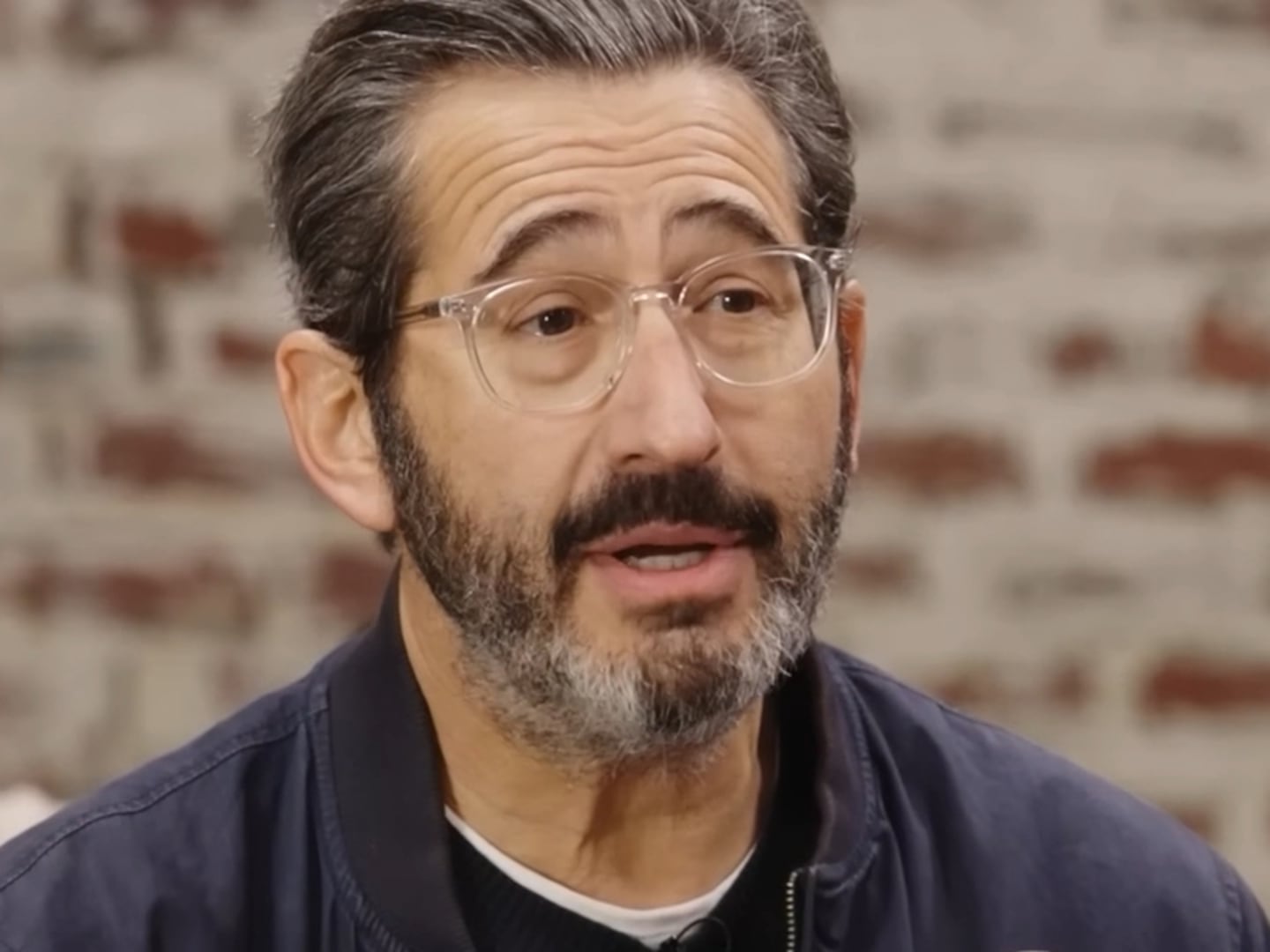Middle East
Photo Illustration by Erin O’Flynn/The Daily Beast/Getty Images
Europe’s Bombshell Spy Scandal Sparks Hunt for More Traitors
AMONG US
A member of the European Parliament has been accused of spying for Russia—and her case could open a Pandora’s box of illicit secrets.

Trending Now




